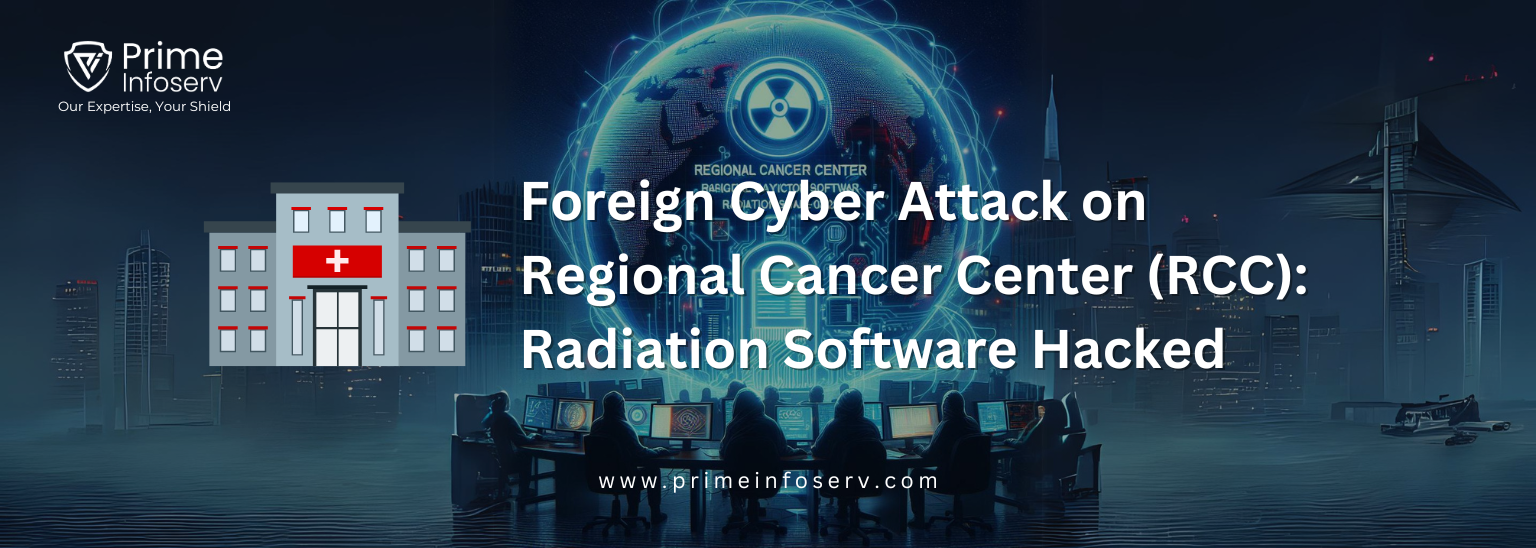Amid the excitement and eagerness surrounding the 2024 Indian general elections, a significant concern emerges on Cyber Risks on the integrity of the democratic process. Spanning around three months (April 19 to June 1, 2024), this election process has a staggering scale of approximately 960 million eligible voters. It showcases India’s robust democratic tradition while also presenting a tempting opportunity for malicious entities aiming to undermine the electoral system.
The intersection of cybersecurity and national interests has never been more pronounced, underscoring the urgent need for robust protective measures. As India embraces digital transformation across various sectors, safeguarding the integrity of its electoral infrastructure becomes paramount.
Join us as we explore the multifaceted dimensions of cybersecurity in the context of India’s electoral democracy, analyzing the threats, evaluating the current state of preparedness, and proposing strategies to ensure the sanctity of the electoral process.
Risks Overview:
India faces cybersecurity risks in elections from both domestic vulnerabilities, like database leaks and disinformation campaigns, and international pressures, such as attacks during geopolitical conflicts like the Israel-Hamas dispute. Geopolitical competition and ideological rivalries further intensify threats, with India’s support for Israel attracting cyber-attacks from adversaries. State and non-state actors, including hacktivist groups from South Asia, target India with diverse strategies, like DDoS campaigns, driven by religious ideologies and geopolitical tensions. These threats encompass cyber operations targeting election infrastructure, political parties, campaigns, officials, and attempts to influence public opinion or create division.
Key Points on Cybersecurity During Elections:
Issues of concern encompass vulnerabilities associated with the electoral process, including potential database breaches, dissemination of misleading information within political campaigns, and the integrity of voting equipment. Despite the lack of direct internet connectivity, discussions surrounding voting machines can be manipulated to fuel disinformation efforts. Moreover, India’s geopolitical positioning exposes it to cyber threats, as adversaries may seek to exploit vulnerabilities stemming from international alliances or political tensions. Below are several indicators of these threats:
- Vulnerability of Electronic Voting Machines (EVMs): While EVMs are not connected to the internet, ensuring the physical security and chain of custody of these devices is crucial to prevent tampering or unauthorized access.
- Phishing Attacks: Political parties, candidates, and election officials are at risk of phishing attacks aimed at stealing sensitive information or credentials.
- Social Engineering: Deceptive practices are employed to manipulate individuals into divulging confidential information, which can then be exploited to gain unauthorized access to systems or data.
- Spread of Misinformation: Deliberate dissemination of false information through social media and messaging platforms to influence voter perceptions and behavior.
- Data Breaches: The risk of unauthorized access to voter databases, leading to the exposure of personal information and potential voter manipulation. Data leaks jeopardize voter privacy, enabling election manipulation and foreign interference. Leaked information facilitates fraudulent voting and targeted disinformation campaigns.
- Denial of Service Attacks: Attempts to disrupt the availability of essential online services related to the election process, such as voter registration sites or election result portals.
- Deepfakes and Synthetic Media: The widespread use of deepfakes and false information generated by artificial intelligence is compromising the integrity of the voting process. Deepfakes present a significant threat, allowing manipulation of media to sow doubt among voters. The ease of creating fake content poses challenges for authorities.
- Foreign Interference: Potential cyber operations by foreign entities aimed at influencing the election outcome or sowing discord.
- Insider Threats: Possibility of individuals within organizations or government bodies intentionally or unintentionally compromising election security.
- Legal and Regulatory Challenges: The need for up-to-date laws and regulations to address evolving cyber threats and establish clear guidelines for cybersecurity in elections.
Maintaining robust cybersecurity measures and digital hygiene is vital for the security and future of India’s democratic process. Citizens need to stay informed and cautious of any claims or narratives originating from unreliable sources that could affect their votes.
Steps for Individual Voters to Safeguard Themselves:
1. Verify information from trusted sources.
2. Strengthen digital security with updated software and strong passwords.
3. Exercise caution with emails and links.
4. Rely on verified sources for information.
5. Report disinformation to authorities and social media platforms.
Safeguards for Stakeholders:
1. Election Commission of India: Implement robust cybersecurity measures and conduct voter education campaigns.
2. Political Parties: Protect digital assets and train members on cybersecurity.
3. Corporations and Companies: Support the election process and enhance cybersecurity infrastructure.
4. Polling Agents: Ensure the security of electronic voting machines and conduct regular audits.
Conclusion:
Protecting against cyber-attacks is vital for the integrity of India’s democratic process. By implementing proactive measures and collaborative efforts, stakeholders can enhance cybersecurity and uphold democratic values in the 2024 Indian General Elections.
As a CERT-In empanelled partner, Team Prime is committed to spreading awareness and focused on safeguarding the national critical infrastructure of the largest democracy.
Join hands with the Cyber Safe India.





